Description
With the intention of introducing newbies to these fields, this article covers deep learning in addition to deep learning platforms, methodologies, applications, and open-source datasets. You’ll discover the basics of AI and get an overview of deep learning, which will be defined and addressed in the context of “deep learning machine learning,” in this chapter. Deep learning’s potential applications in machine learning are also covered here. The “Introduction” section provides a synopsis of the progress made in deep learning study thus far. After the introduction, we’ll go on to a condensed version of deep learning’s background here. The story begins with an illustrious scientist called Alan Turing in 1951 and continues into the future. The novel takes place in the United Kingdom. After the introductory section, you’ll find a number of chapters. Each one starts with a definition of a key phrase from the deep learning lexicon. This article focuses on contemporary applications, widely-used algorithms, cutting-edge platforms, and pertinent open-source databases or datasets that may be accessed over the internet. In this article, we will look at the cutting-edge deep learning applications and platforms, as well as their future potential. Applications and platforms are the main areas of the discourse regarding the direction of future research initiatives. Natural language processing and autonomous vehicles were ranked as the most cutting-edge applications; nevertheless, there is still a great deal of room for advancement in these areas of study. Everyone who reads this, from students at the undergraduate and postgraduate levels to data scientists and researchers, will benefit something from what they’ve learnt here.
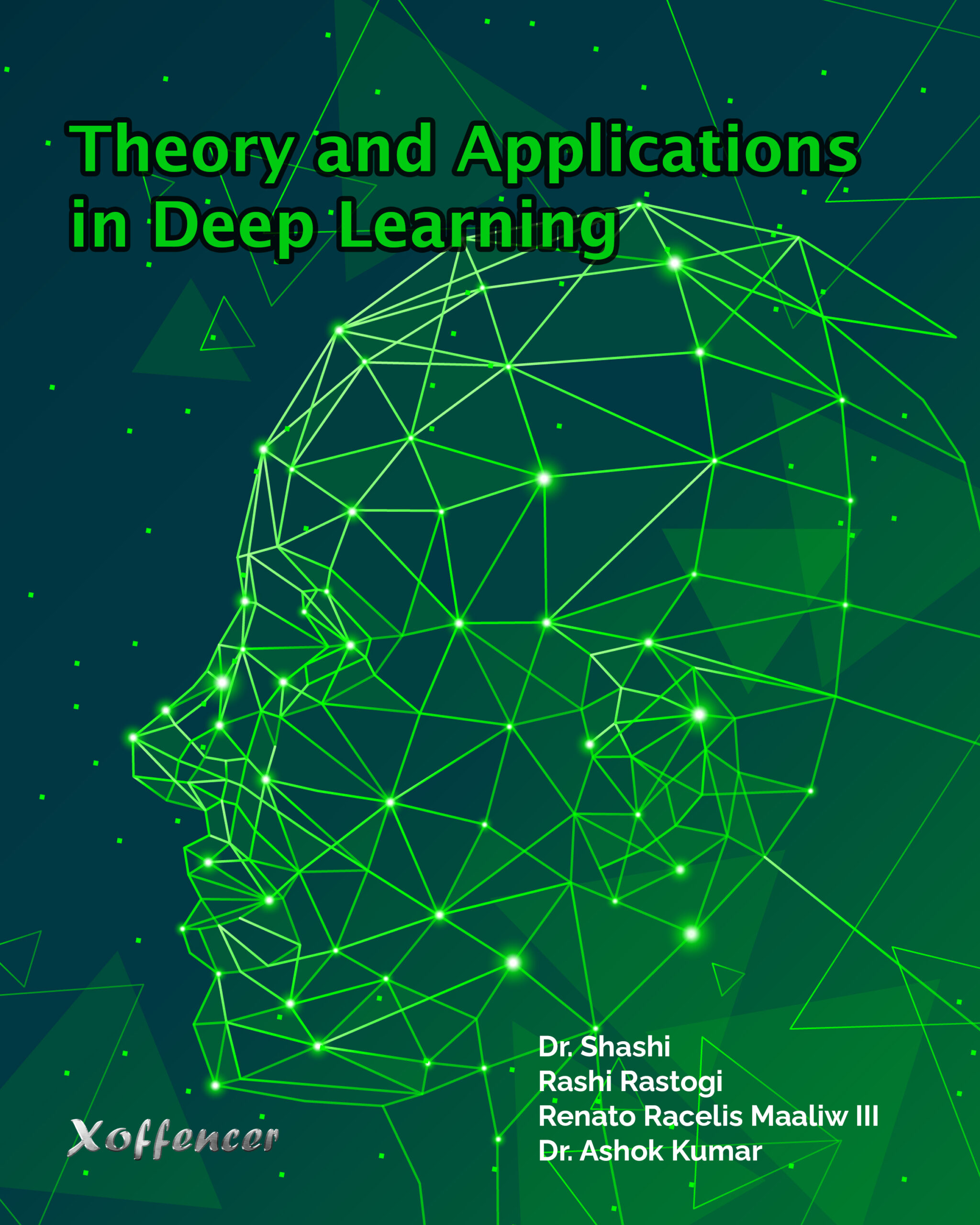

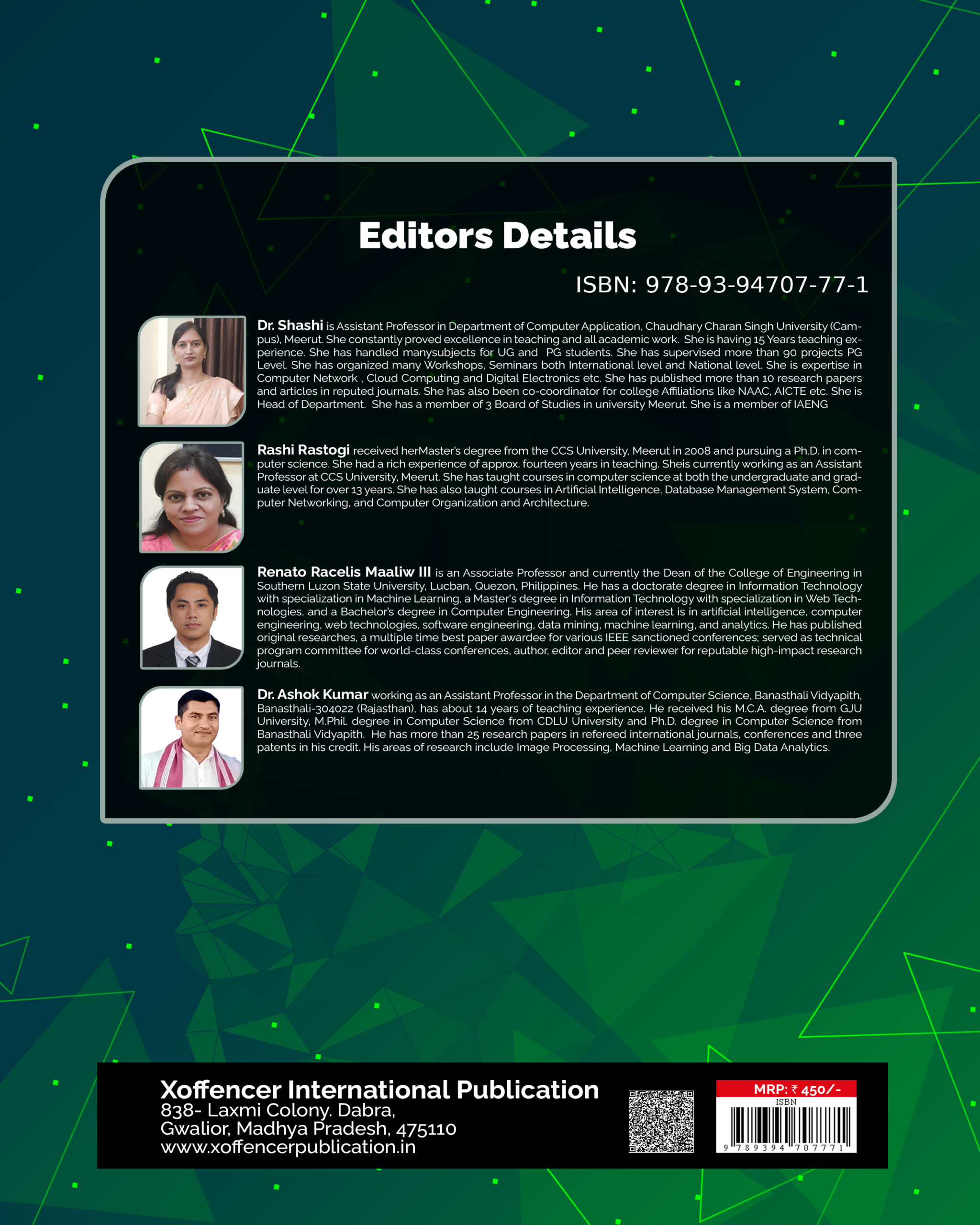
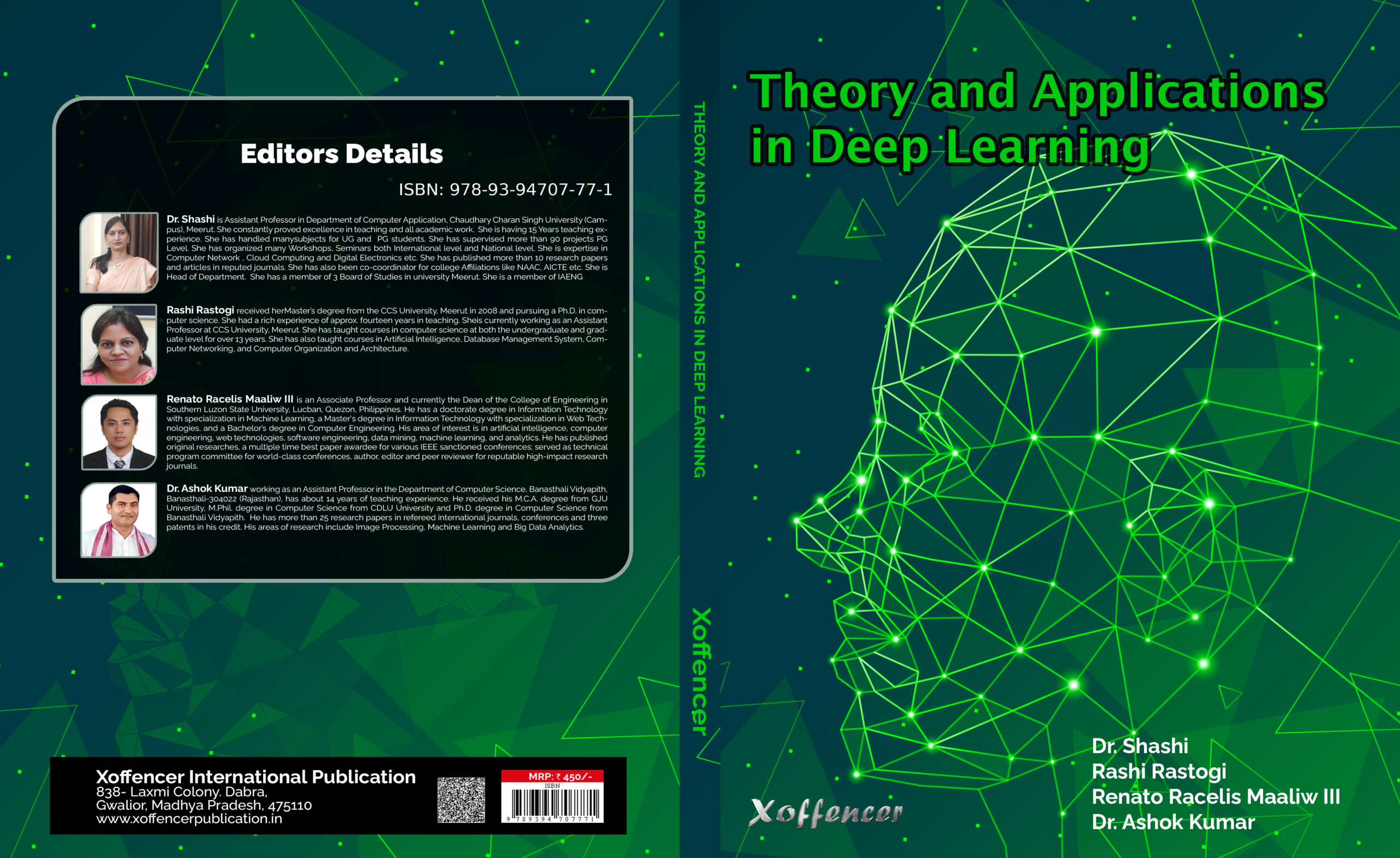

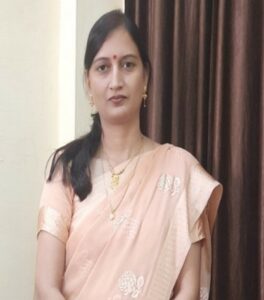
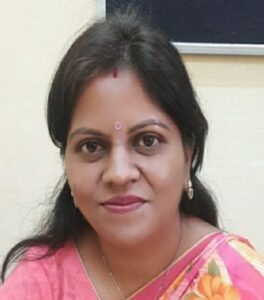
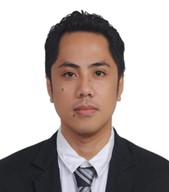
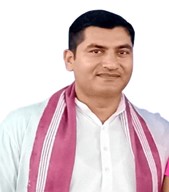
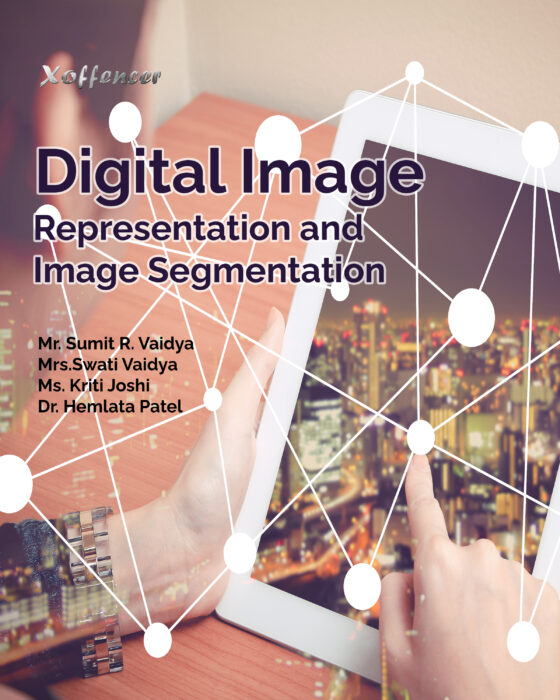
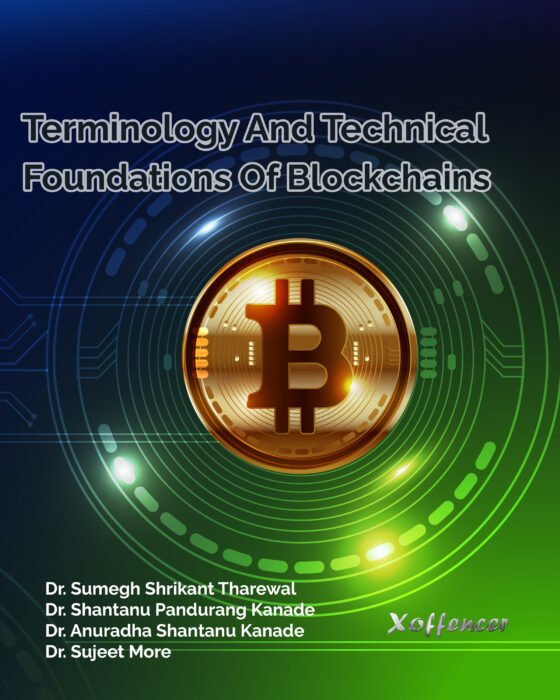
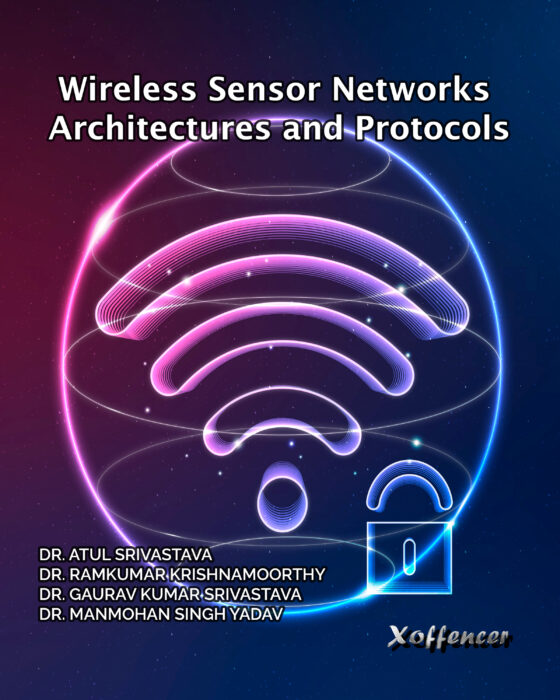
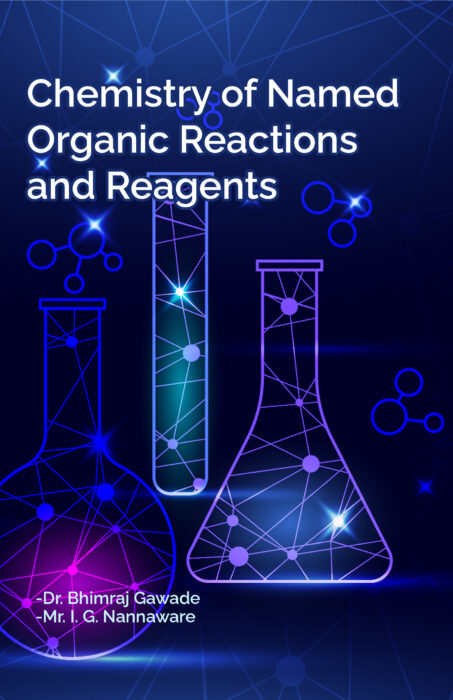
Reviews
There are no reviews yet.